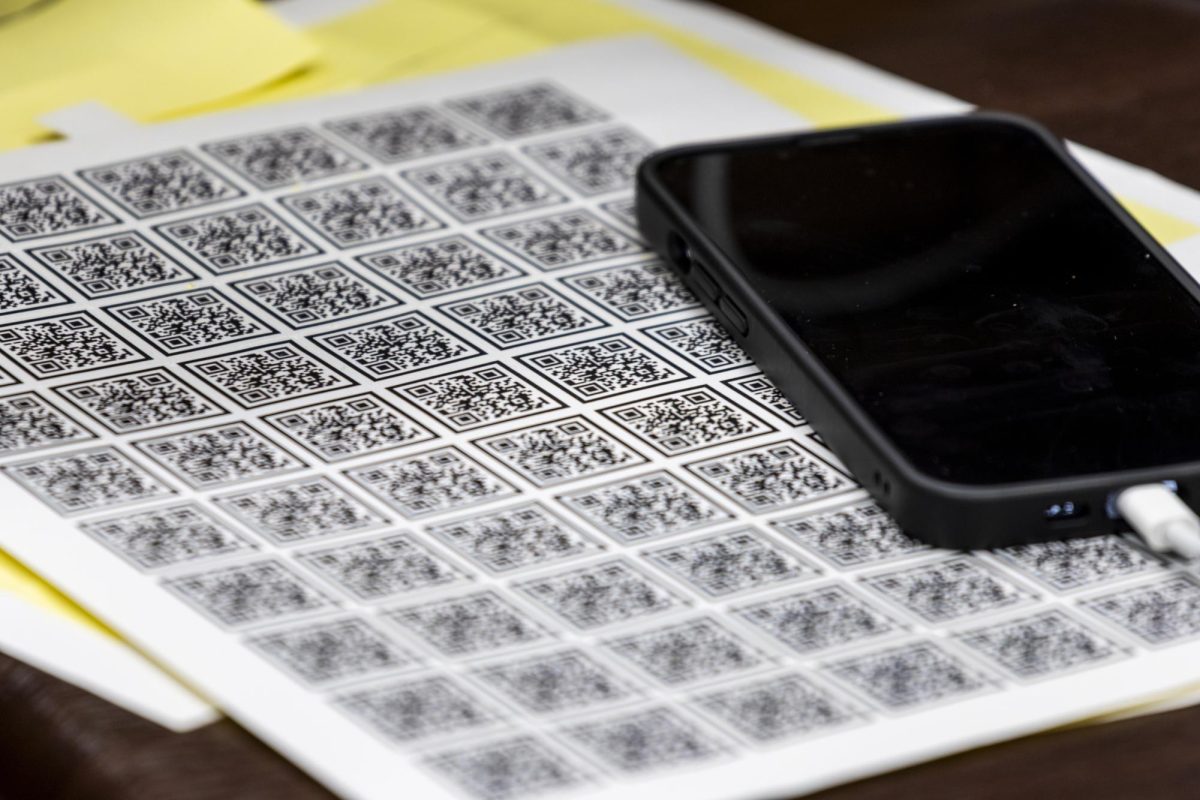The Mississippi State University Student Association Senate met again to discuss the last 10 pieces of legislation to hit the Senate floor before newly-elected senators begin shadowing their predecessors. Prior to discussing legislation, Tyler Gall, the new honorary ACCESS senator, was sworn in by current SA President Mayah Emerson.
To clarify, the legislation will be discussed categorically, rather than chronologically, to streamline the process.
Six bills were put the floor, only three of which passed. Bill 6 would have increased the maximum amount of campaign expenditures for Homecoming King and Queen elections. Currently, candidates can only spend $75 during the general campaign and an additional $25 in the event of a run-off election. The originally proposed bill by Senator Qwantaria Russell increased the amounts to $1,000 and $500, respectively, but discussion began on whether those amounts were too high.
Senator Drew Baker proposed an amendment to change the amounts to $300 and $150, which was then voted upon and passed. However, Senator Russell returned with a compromise of $500 and $250, which was then voted upon and passed. Finally, the bill itself, now reading an increase to $500 and $250, was voted upon, but it failed, unable to reach a two-thirds majority.
Bill 4 reorganizes the Senate’s committee structure to have three main committees, with various subcommittees comprising them. Each subcommittee will have a designated chair, but most senators will only be designated to one of the main committees, in hopes of creating a more efficient system.
Subcommittees with no legislative potential will have lessened priority, and senators will be able to move between subcommittees as needed.
Senator Ryan Jeffries, chair of the Diversity and Multicultural Affairs Committee, championed for the bill, even though his committee will be dissolved by the bill. He stressed the varying need for some committees, which his committee had struggled with this term.
Bill 5 reduces the organizational seats on Senate to one per organization category, which will reduce the Senate to 49 seats. The bill seeks to make the seats more competitive, since there are recurrently few candidates for them. However, the bill stipulates an ad-hoc committee will be created before each election to rebalance the Senate organizational seats, based off the number of prospective candidates.
Bill 9 creates the responsibility for the SA president to appoint members to the President’s Commission on the Status of Minorities, which will host the Seat at the Table event and continue the Nicholas Harris Student Humanitarian Award. The appointees will be interviewed by the president and confirmed by Senate vote, and an entirely new commission will be appointed by each subsequent president.
All three of these bills passed.
Bill 7 would have instituted an i next to any incumbent candidate’s name on the electoral ballot, signifying the experience the candidate had over their opponents. Though only nine words in total, the bill caused controversy on whether the symbol would give the candidate an unfair advantage, seeing as senatorial experience does not necessarily mean legislative experience. Some senators argued the advantaged is earned, while others were opposed to limiting the possibility of new blood entering the Senate. The bill failed to meet the two-thirds vote required to pass.
Bill 8 was proposed to the floor, but it was immediately tabled, as it had yet to pass through the Rules and Legislation Committee first.
Act 9 appropriated funds for several organizations and events on campus. The appropriations included funds to the Arnold Air Society for the 24-Hour Service Relay, Volunteers Around the World for their Valentine’s Day Fundraiser, the Women’s Club Volleyball for the Campus-Wide Volleyball Tournament, and the Nepalese Student Association for their Nepal Night 2019.
Resolution 16 was passed to inform North Zone commuters they are able to park in any other commuter zone, in the event of theirs being blocked off for special events, like basketball or baseball games.
Resolution 17 expresses student concern for the lack of off-campus recreation, and promotes the need for the situation to be rectified.
Resolution 18 continues the Senate’s expression for the need of open education resources (OERs), and asks faculty to continue to incorporate OERs whenever possible. Back in 2015, the Senate passed a joint resolution with other SEC student associations to advocate for OER use, and currently, Chemistry I and II are currently using OERs.
Finally, Resolution 19 supports the renovation of the Class of 1924 fountain between George Hall and the YMCA Building. Since the area is heavily trafficked, the resolution sees fit the renovations repair the fountain, so it can serve as both a gathering space and a historical campus landmark.
SA Recap: Senate discusses homecoming campaign expenditures
About the Contributor

Dylan Bufkin, Former Editor-in-Chief
Dylan Bufkin served as the Editor-in-Chief of The Reflector from 2020 to 2021.
He also served as the Opinion Editor from 2019 to 2020.
0
Donate to The Reflector
Your donation will support the student journalists of Mississippi State University. Your contribution will allow us to purchase equipment and cover our annual website hosting costs.
More to Discover













